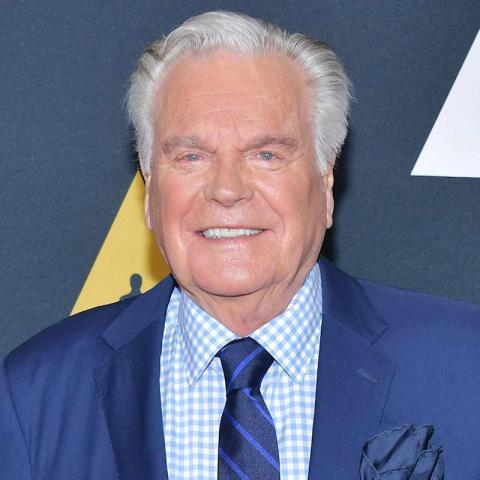Federal officials recently reversed layoffs for over 400 CDC employees. These workers were part of a sudden cut by the Department of Health and Human Services (HHS) back in April. Now, the reinstatement may restore vital staff in key health divisions.
Among those affected were scientists from the National Center for HIV, Viral Hepatitis, STD, and TB Prevention. This group had lost 214 employees, and many of their specialized labs, crucial for tracking diseases, were shut down. These labs are unique and necessary for accurate disease surveillance.
The reinstatement also includes more than 150 workers from the National Center for Environmental Health, which handles issues like asthma, air quality, and lead poisoning. The abrupt layoffs caused disruptions in community health programs and left many employees questioning their future.
An email from HHS informed affected staff that the layoffs were revoked. However, it didn’t clarify why this decision was made after the initial cuts. Dr. Renáta Ellington, acting director of the HIV division, expressed uncertainty about the reasons behind this reversal, emphasizing that employees remain cautious and hopeful.
Mixed reactions came from employees. Some were eager to return, while others felt confused and anxious. Kathryn Sisler, a health scientist, noted the chaos caused by the layoffs, stating that important projects were halted and valuable data was lost.
Before the layoff, Sisler worked on addressing climate change impacts on communities. She explained how the uncertainty led to other organizations beginning their layoffs, further impacting public health efforts, especially as dangerous heat waves approached.
Experts in public health have mixed feelings about the reversal. Carmen Marsit, from Emory University, praised the acknowledgment of these essential workers but highlighted ongoing concerns for those not reinstated. Scott Becker, CEO of the Association of Public Health Laboratories, expressed relief about the decision while worrying about the long-term effects on those who had moved on from their jobs.
This situation emphasizes the critical role of public health professionals, especially during a time when health crises are prevalent. Addressing these challenges is vital for the safety and well-being of communities nationwide.
For additional information on public health cuts and their implications, you can visit the CDC for official updates and resources.






















